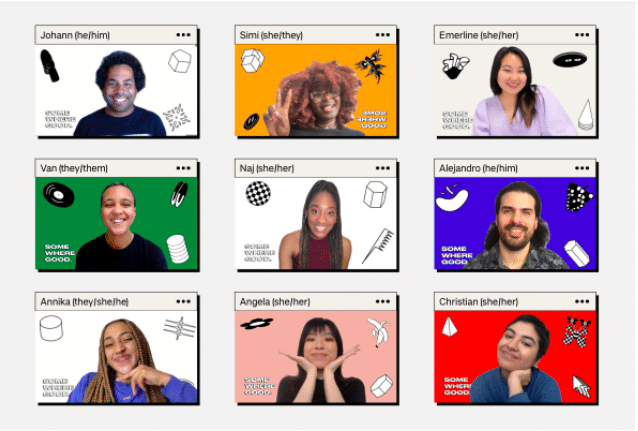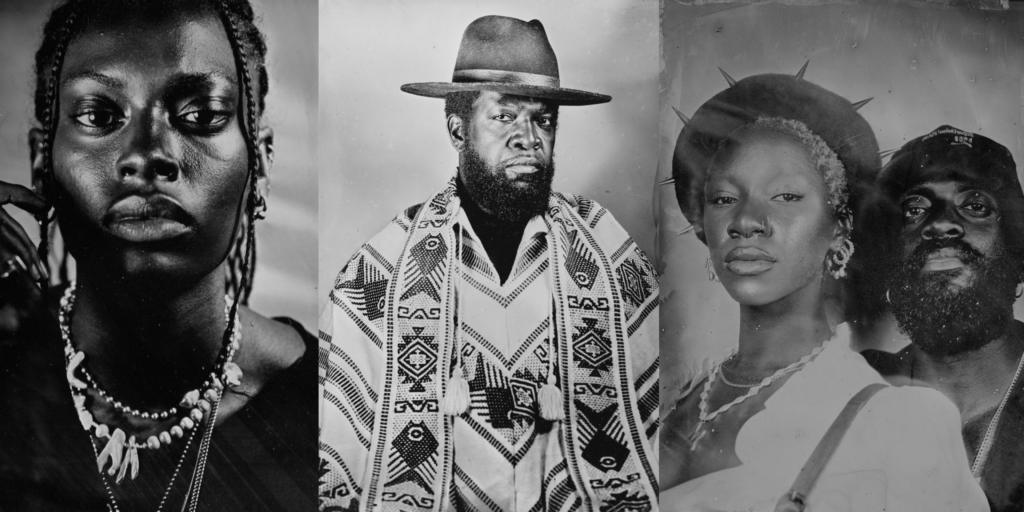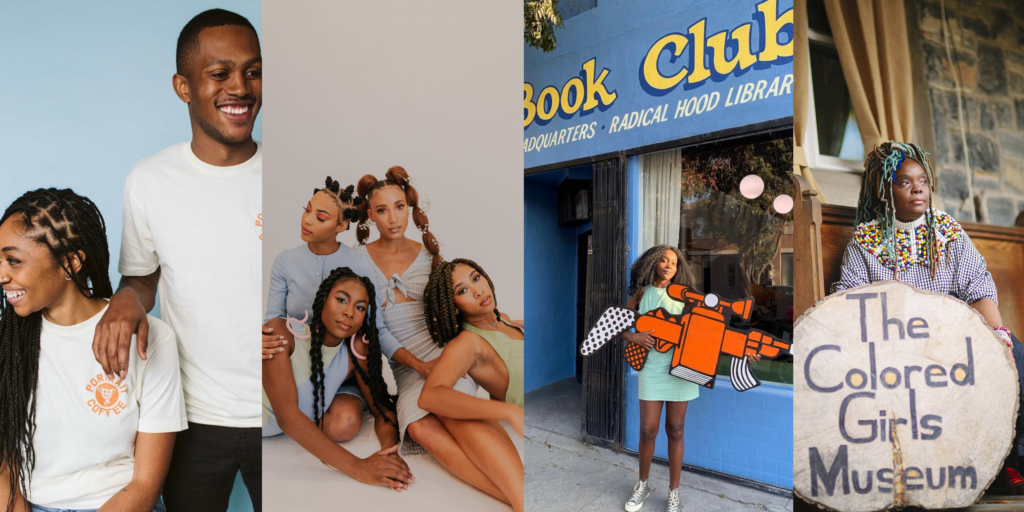Photo courtesy of Suki Dhanda/The Guardian.
I first came across Elaine Welteroth back in 2019 when she doing press interviews for her then-upcoming book, “More Than Enough.” I was captivated by her spirit, her warm presence, and her raw authenticity in freely expressing how she felt being a black woman working at Teen Vogue and the pressure she was under to make her mark at the company. Her vulnerability not only made her relatable but to me seeing her fully express herself on stage gave me permission to go after a career that allowed me to do the same.
On a recent Jubliee episode of dining with Mary J. Blige, Saweetie, Tabitha Brown, Chloe Bailey, and Roxanne Gay, Welteroth joins the women in an open discussion about the many experiences endured as a black woman. But a topic that caught my attention during their dining was one that many of us face in our community, the idea of code-switching.
Code-switching is often described as being forced to compromise who you are to conform to the spaces you wish to be a part of, we may experience this in our work environment and even our personal relationships. A Harvard Business Review titled, “The Cost of Code-Switching” states, “Research suggests that code-switching often occurs in spaces where negative stereotypes of black people run counter to what are considered “appropriate” behaviors and norms for a specific environment.”
Video courtesy of YouTube.
“For me navigating in a all white corporate environment in media and being often the only one that looks like me especially in a leadership room, as a young person on top of that and being a women. So it’s like the trifecta of isms stacked against you in a way. I felt like my survival tactic was to learn the language and speak it well, and then I got into a position of power and I recognized for me it was just seeming my name in the headlines for the first time. “First Black beauty director in Condé Nast History”, “Second Black Editor-In-Chief in Condé Nast History”. And for me those moments reframed my why, and reminded me that if I continue to leave parts of myself at home, I am doing a disservice to the people I’m here to represent.” Welteroth says.
Too often being a successful woman isn’t enough to satisfy the norm, in return, many environments create an almost dress code for the way they want you to show up in the world. It was something about seeing the other black woman relate to her experience that made me realize how much change needs to take place on a deeper level within society before it begins to affect us psychologically.

Photo courtesy of YouTube.
Growing up I could hear in my mother’s voice whether she was in a work meeting or hanging around someone new. I could tell if she was comfortable with them from the pitch of her voice. When she was trying to impress someone or relate, it would shift higher, but as soon as work was over or when she had left a group, who she “really was” almost always returned immediately. I grew to find this a part of the way you made it in the world, the only way that you survived as a black woman. For many years in retail and customer service, I couldn’t imagine doing anything differently, it had almost become a part of me until one day I woke up.
There is no secret to how to live this life but there is magic in who you are and what you bring to the table. If you are lucky enough to find a career or a relationship that supports who you are becoming and not only who they wish for you to be, your lucky. But if you find yourself in a position that slowly inhumanizes you as a person, it’s about time you take a piece of advice from Welteroth, “don’t leave pieces of yourself at home.”




